Do Green Smoothies have too much Oxalic Acid?
“Some people suggest that the oxalic acid in leafy green veggies can increase your risk of kidney stones. In fact, studies show that the real risk factors for kidney stones are not drinking enough water, suffering from magnesium deficiency, and not having enough calcium in your diet.
True, certain leafy greens, such as spinach, Swiss chard, beet greens, kale, and collard greens, are high in oxalic acid. If you suffer from kidney disease or have only one kidney, minimize your intake of these greens. Leafy greens that are low in oxalic acid include lettuce greens, bok choy, celery, and all fresh herbs except parsley.
All information in this article is for educational purposes only.
It is not for the diagnosis, treatment, prescription or cure of any disease or health condition.
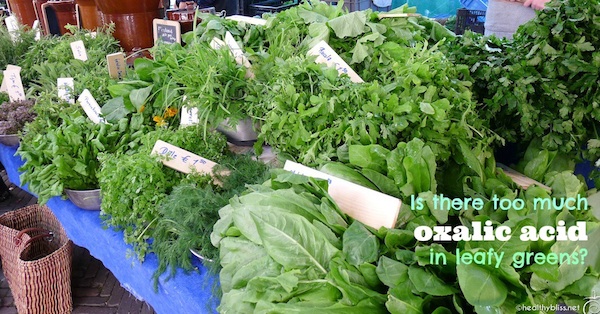
Is there too much Oxalic Acid in greens like kale, spinach, or Swiss Chard?
A healthy individual should have no problem with the oxalic acid in certain greens. Keep in mind that green smoothies are a mixture of fresh fruits and greens, and the combination of these two types of foods helps to alkalize (neutralize) the effects of oxalic acid. You’re much more likely to get into trouble with oxalate foods if you eat them on their own without any alkaline foods to balance the acid.”*
Think Variety!
When you have variety in your greens (and all of your fruits, veggies, nuts, and seeds), you can’t overdo any one food. If someone says to me, “Will I get kidney stones if I eat a bunch of kale every day for 3 months?” My answer is, “Why on earth would you be eating kale every day for 3 months???”
Many people’s brains today are set into “one magic food” thinking, but that’s not what works for full body health. Having variety in your diet ensures that your body gets all the nutrients it needs from different fruits and veggies in different seasons throughout the year. A better way to approach your greens is like this: kale one day, celery one day, Swiss chard one day, cilantro one day, spinach one day, bok choy one day and beet greens one day. Do you see how easy that can be? Your body will be delighted at all the variety in those greens and your kidneys will stay happy from the balance of oxalic acid.
Friend or Foe?
Other high oxalic acid foods include chocolate, peanuts and peanut butter, pistachios, sesame seeds, black tea and coffee. Combine that with an acid-forming diet (wheat, refined sugar, animal proteins) and you’re kidneys will definitely start to feel it.
So, are leafy greens combined with a diet full of fresh alkaline-forming fruits really the enemy? That’s food for thought!
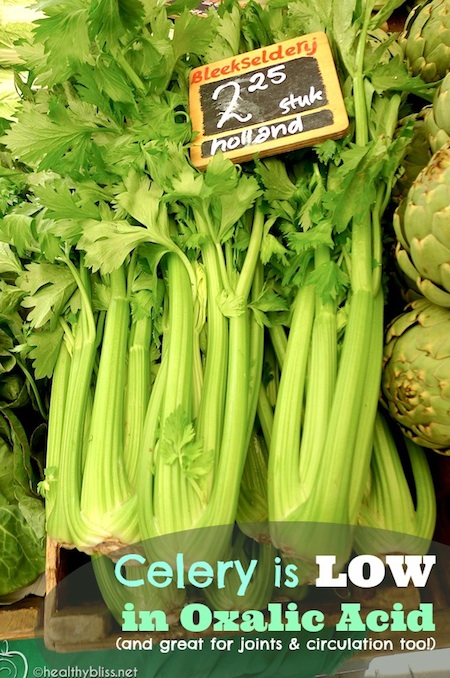
The bottom line: Rotate your greens and switch out high oxalic and low oxalic greens!
*This excerpt is from my book Green Smoothies for Dummies. In the book, I also debunk some other popular myths about Green Smoothies, including:
- The Heat from the Blender Destroys the Enzymes in a Green Smoothie
- It’s Better for Digestion to Chew Your Food
- Green Leafy Vegetables Are Toxic
- Green Smoothies Are Too High in Calories
- Store-bought Green Smoothie Is Just as Good as a Homemade One







If any of those myths are stopping you from enjoying the amazing health benefits of Green Smoothies, then you should definitely check out the book: Green Smoothies for Dummies (now available on amazon and iTunes).
More Green Smoothie Articles:
- Win a FREE Green Smoothie Starter Kit Superfood Bundle!
- Why I don’t add Almond Milk, Soy Milk or Coconut Water to Green Smoothies
- Win a FREE Nutri NINJA Blender DUO + Green Smoothie Book Giveaway!
- Hollywood Celebrities and Supermodels are Drinking Green Smoothies!
- How to Quit Smoking Naturally
Jennifer Betesh
Latest posts by Jennifer Betesh (see all)
- What is an elimination diet? - 28 March, 2019
- Intermittent fasting – What’s the best way? - 15 March, 2019
- How do you know when it’s time to STOP fasting - 28 February, 2019
- When is the BEST time (and WORST time) to START a detox - 20 February, 2019



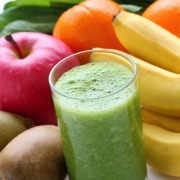



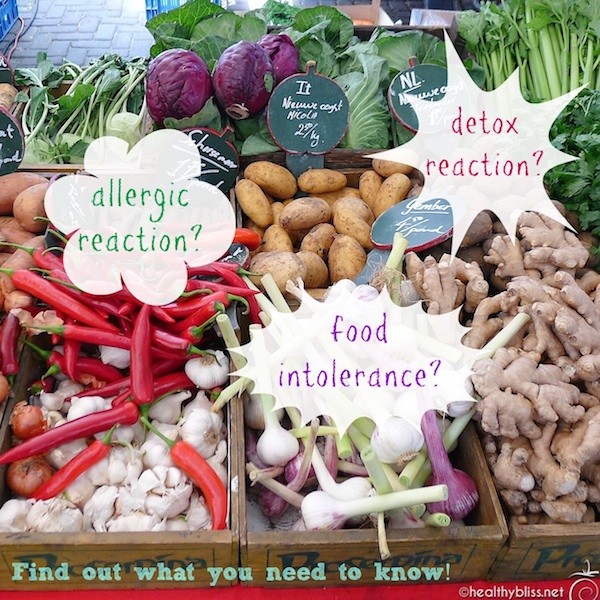
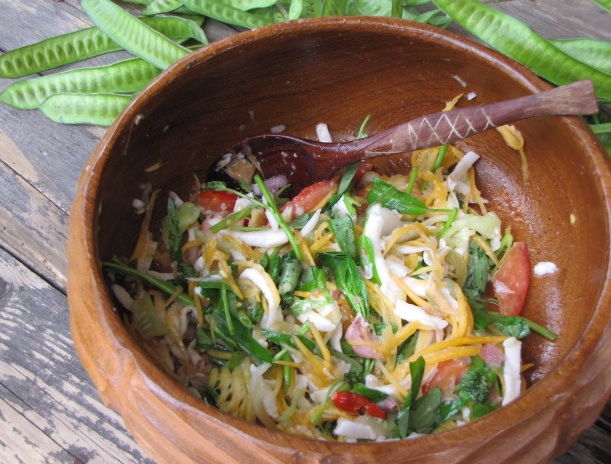


What Celery ? i found in other site Celery is high in oxalates, it;s confusing me you know, please give more detail info. Witch one is the truth,
I see a lot of discrepancies between sites as to what is low in oxalates and what is not. The website lowoxalate.info lists celery has being very high in oxalates. So what is the deal. Where are we supposed to go for true answers?